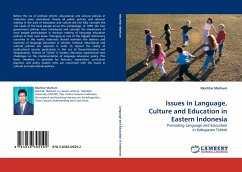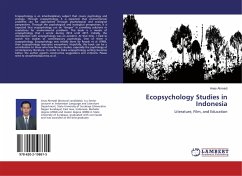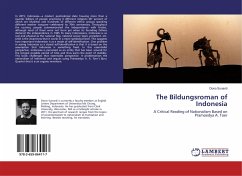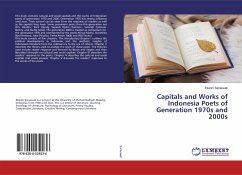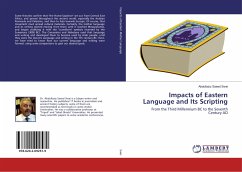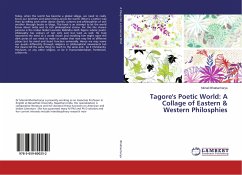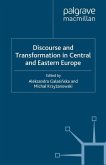Before the era of political reform, educational and cultural policies in Indonesia were centralized. Nearly all public policies and decision making in the area of education and culture did not fully consider the real needs of the local people across the archipelago. In 1999, the new government policies were introduced and consider the importance of local people participation in decision making of language education policies in their own areas. Emerging as one of the biggest democracy countries in the world, Indonesia should maintain the balance and harmony of language education in schools. Inclusive educational and cultural policies are required in order to respect the reality of multicultural society particularly in this era of Decentralization and Globalization. District of Tolitoli in Eastern Indonesia experienced new challenges on the implementation of language education policy. This book, therefore, is provided for lecturers, researchers, curriculum planners and policy makers who are concerned with the issues in cultural and educational policies.

